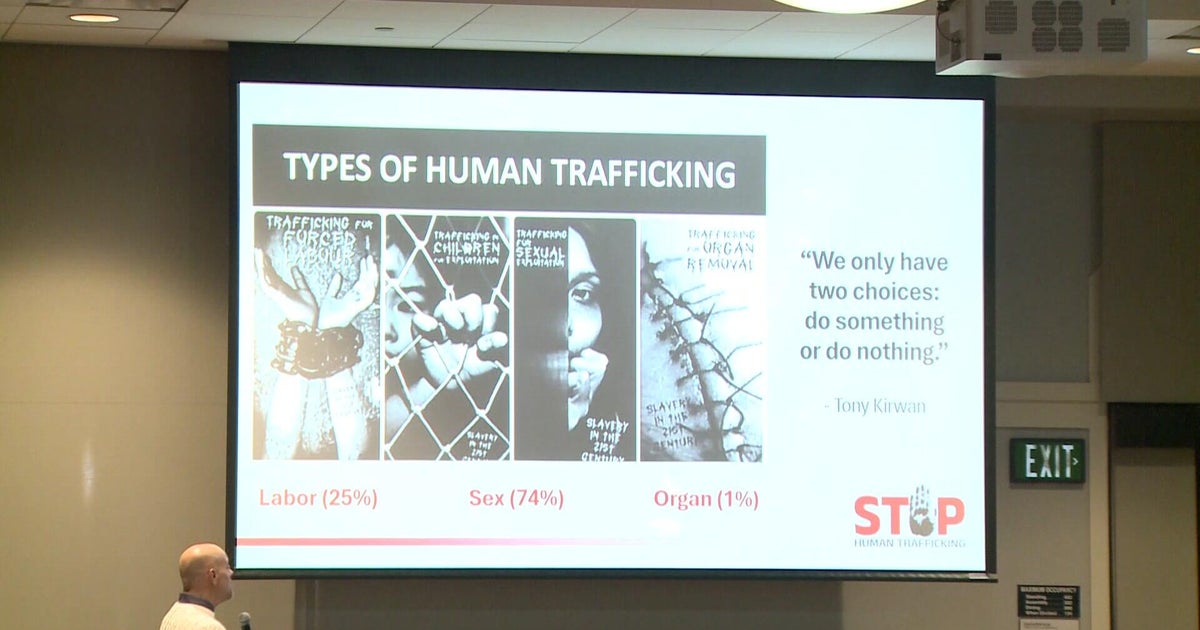Over 1,000 women sexually exploited in human trafficking ring after being "lured to Spain with bogus job offers," police say
Spanish police said Sunday they dismantled a human trafficking ring they said had exploited more than 1,000 women in the past year, mainly Colombians and Venezuelans.
"The victims, mainly of South American origin, were lured to Spain with bogus job offers," police said in a news release, adding they had rescued 48 women in an operation that brought 48 arrests.
Most of those detained, including the three alleged ring leaders -- two Colombian women and one Spaniard -- were held near the eastern city of Alicante.
In addition to the three leaders, police said strip club managers and taxi drivers, who were in charge of transporting the women, were also implicated in the trafficking ring.
The women were recruited in their home countries, "mainly in Colombia and Venezuela, with false job offers" in the cleaning or beauty sectors.
On arrival in Spain, "they were transferred to clubs where they were sexually exploited" and "forced to work all hours," according to police.
They were also only allowed to go out for two hours per day and otherwise kept under video surveillance, police said.
Six of those arrested are being held in pre-trial detention, police stated.
Police released a video showing officers raiding multiple locations during the operation.
More than 100 officers participated in the operation to dismantle the trafficking ring, authorities said. Police said they searched eight properties, seizing multiple weapons, more than 150,000 euros in cash, three luxury cars, 26 grams of cocaine, 8.45 grams of crystal cocaine, 23.5 grams of pink cocaine, 20 pills of erectile dysfunction medication and several computers.





